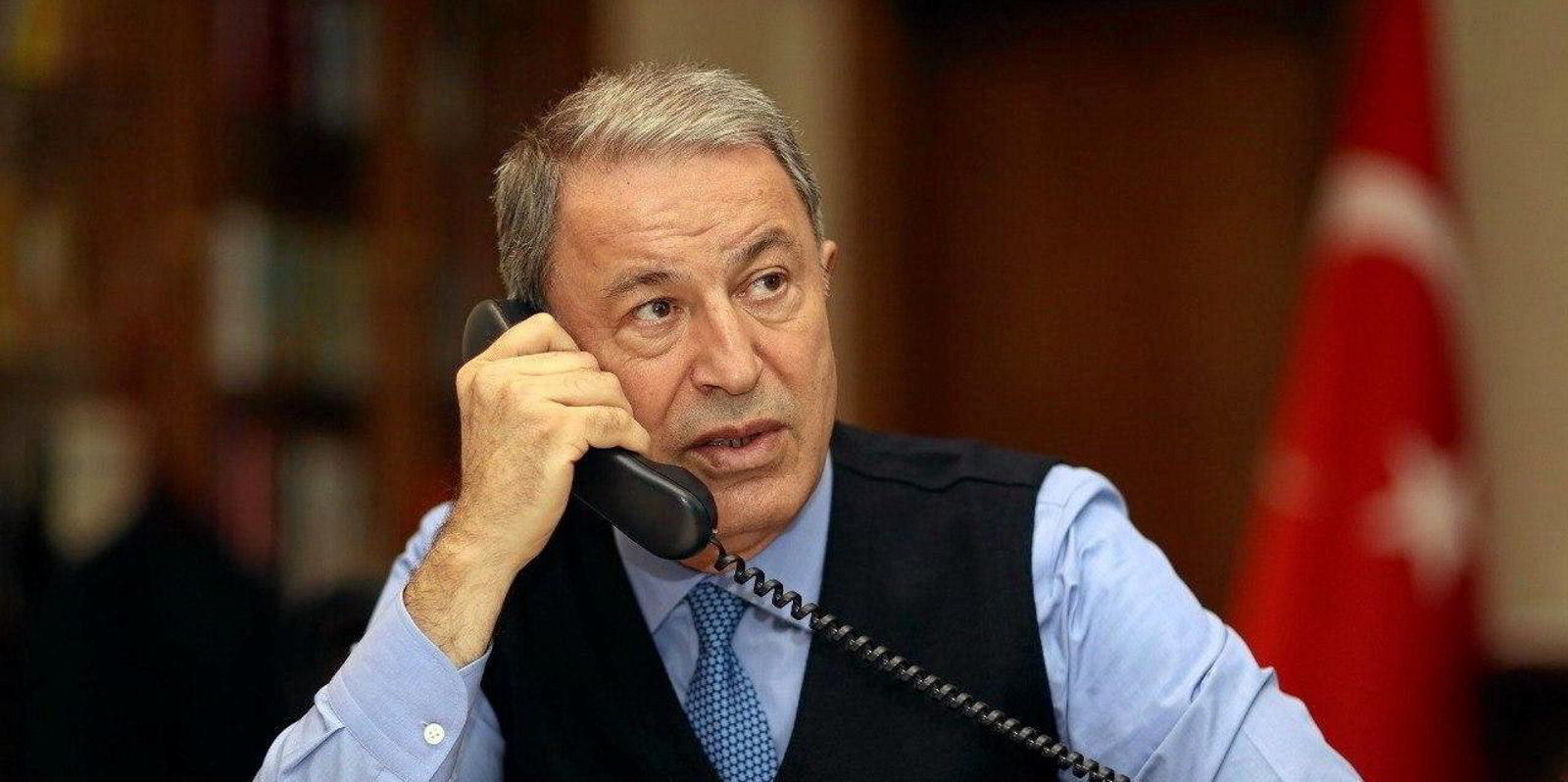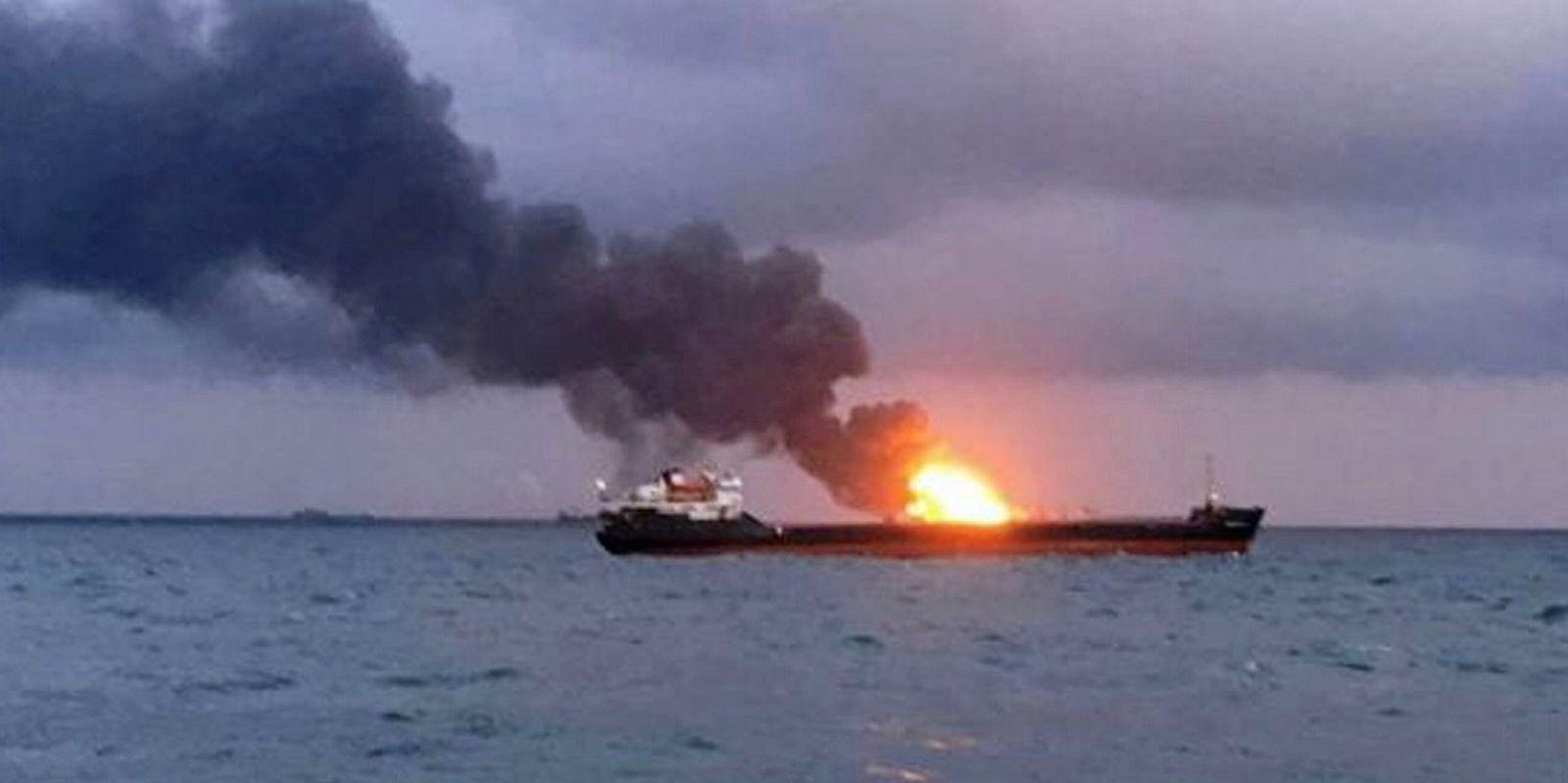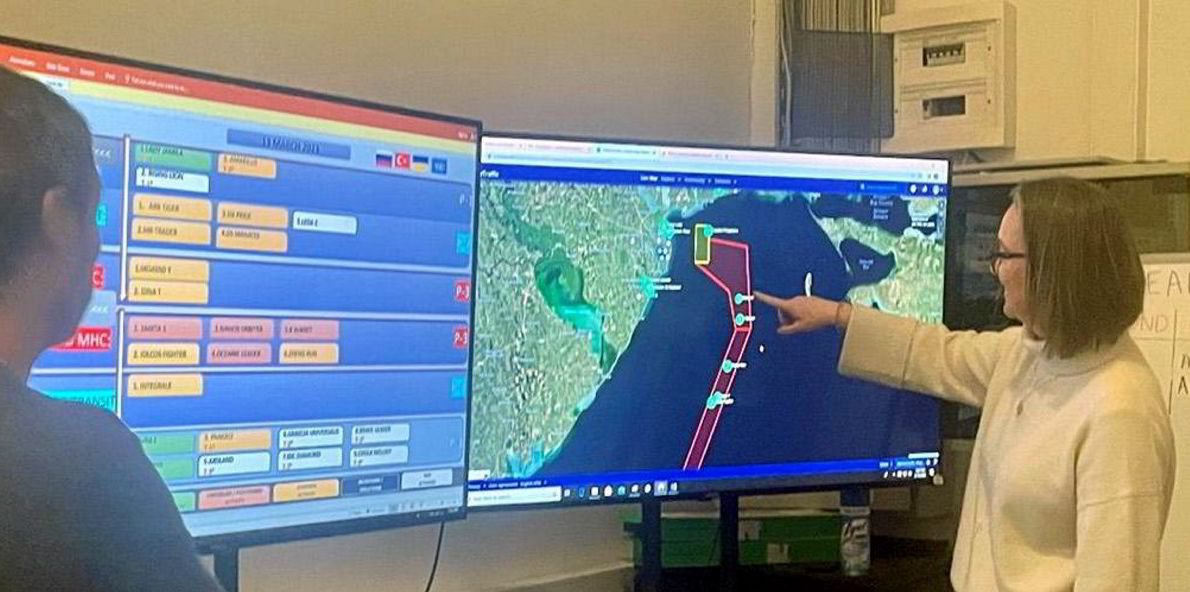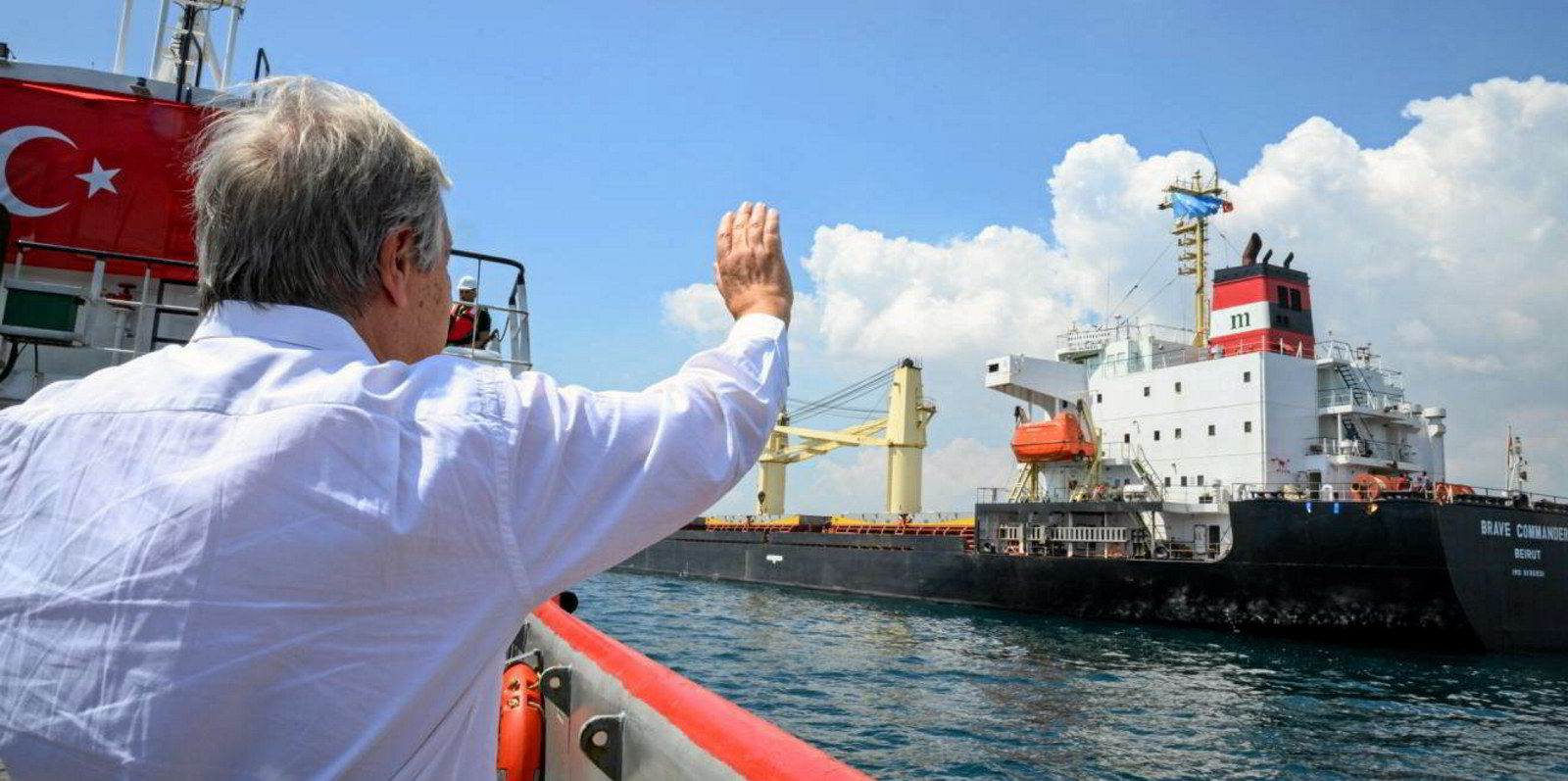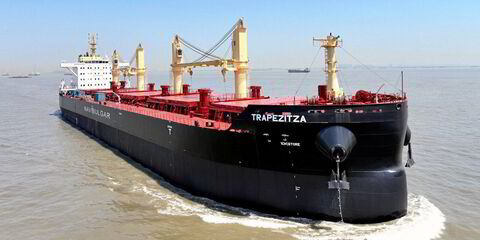Six Turkish cargo ships trapped in Ukraine since Russia invaded the country in February 2022 will be repatriated.
Turkish defence minister Hulusi Akar made the announcement on Friday, one day after high-ranking representatives from Russia and Ukraine agreed on a framework agreement to bring Turkish ships back home.
This would be the first time that some of the 60 commercial cargo ships trapped in Ukraine, with an estimated steel value of about $440m, will be allowed to leave the war-torn country.
The vessels in question had been unlucky enough to be located in ports other than Chernomorsk, Odesa and Yuzhny/Pivdennyi — the three terminals with regular traffic since August, when they were included in the United Nations-led safe maritime corridor out of Ukraine.
Several vessels have been stuck in Ukraine since Russia invaded. Some of them were attacked, with Turkish vessels, in particular, suffering much of the damage.
In January, a missile hit the Turkish-owned 3,900-dwt Tuzla (built 1980) in Kherson. The attack inflicted severe damage on the vessel without causing human loss.
Light at the end of the tunnel for the BSGI?
The UN corridor best known as the Black Sea Grain Initiative (BSGI) expires on 18 May. Russian officials have signalled their country will then drop the deal. UN and Turkish mediators are hard at work to sway them not to.
In a separate statement on Friday, Akar said he was optimistic that ongoing talks to renew the initiative are going well.
“We are moving towards an agreement on the extension of the duration of the grain agreement,” he said without elaborating.
Four-party talks held in Istanbul on 10 and 11 May to revive the fading BSGI failed to produce tangible results — but at least Russia and Ukraine agreed to continue talks that will be possibly held online.
“[The Ukraine] delegation is pushing for the extension of the initiative, emphasising the need to resume fleet registration and inspections without delay,” Ukraine’s infrastructure minister Oleksandr Kubrakov tweeted late on Thursday.
The BSGI, under which nearly 30m tonnes of Ukrainian foodstuffs left the country so far, is rapidly winding down.
Inbound vessel movements through the initiative’s Joint Coordination Centre (JCC) in Istanbul have trickled to a halt since 6 May.
To make matters worse, Russian inspectors have been declining authorisation and registration of new, incoming ships since 4 May, according to Ukrainian port data.
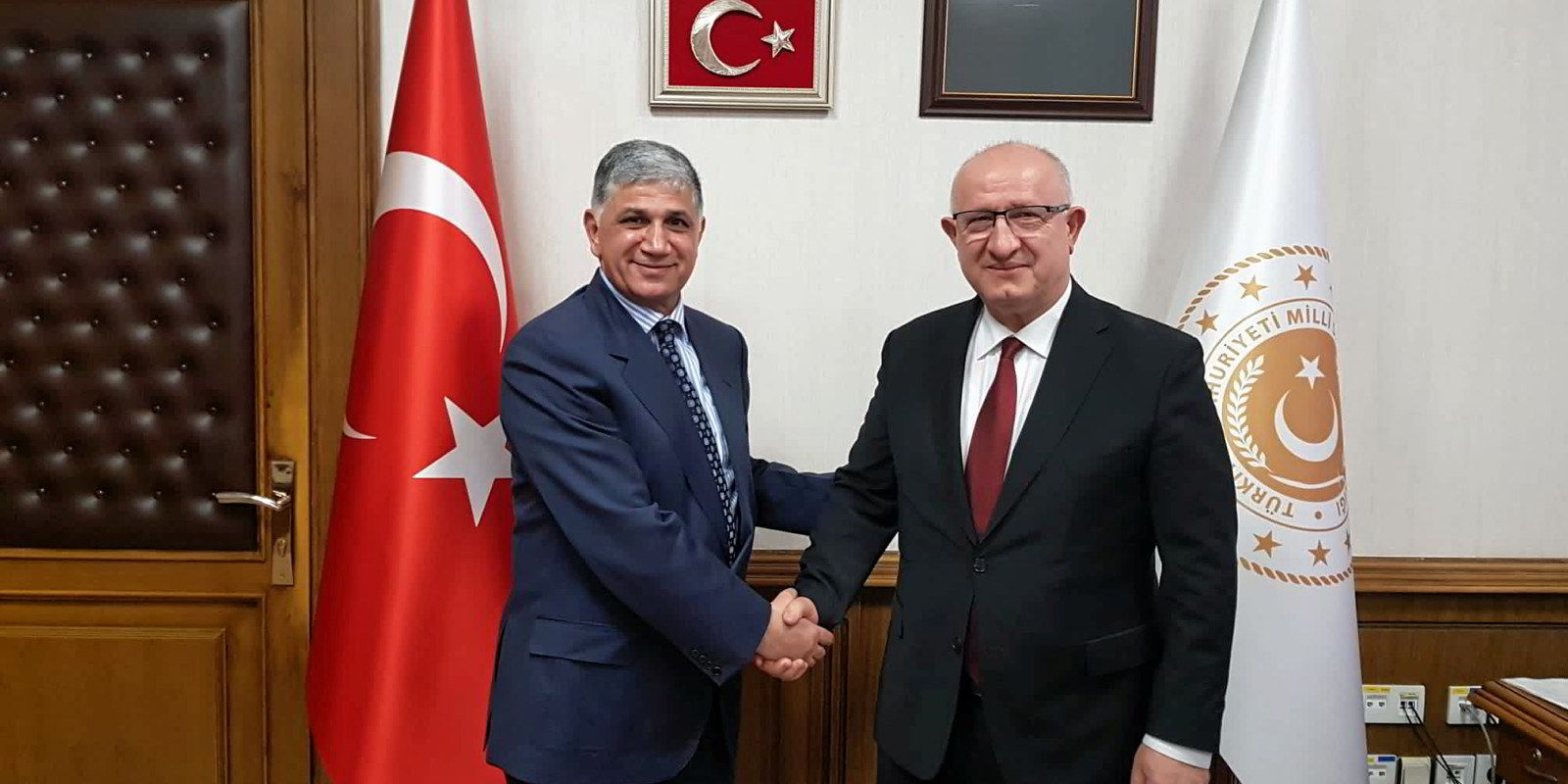
Russian foot-dragging comes after protests by Moscow that it has no interest in continuing the BSGI any longer — at least in the way the initiative is currently running.
Russia accuses Western governments of failing to lift economic and other sanctions that would allow the unhindered, parallel export of its own grain, ammonia and fertiliser — as originally envisaged in the deal.
In a separate statement later on Thursday, the UN reiterated past pledges to help address Russian concerns.
“The meeting discussed the recent proposals by the UN, namely the resumption of the Togliatti-Odesa ammonia pipeline, improvements at the JCC for stable operations and export, as well as other issues raised by the parties,” the New York-based organisation said.
In a notable shift in terminology possibly adopted to signal an understanding of Russian concerns, the UN referred to the BSGI on Thursday simply as the “Black Sea Initiative” — a description insisted on by the Russian side to reflect that Ukrainian grain is not the only part of the agreement.
The resumption of the Togliatti-Odesa ammonia pipeline was one of several conditions that Russia posed in March when it reluctantly agreed to extend the BSGI for just two months.
Others included the return of the Russian Agricultural Bank to the interbank SWIFT payment system; the resumption of supplies to Russia of agricultural machinery and spare parts; the lifting of restrictions on insurance and access to ports for related Russian ships and cargo; and the unblocking of accounts and financial activities of Russian fertiliser companies.
“If there are no guarantees for Russia, including on ammonia, the Black Sea initiative ceases to exist,” deputy Russian foreign minister Sergey Vershinin was quoted as saying on Thursday.
